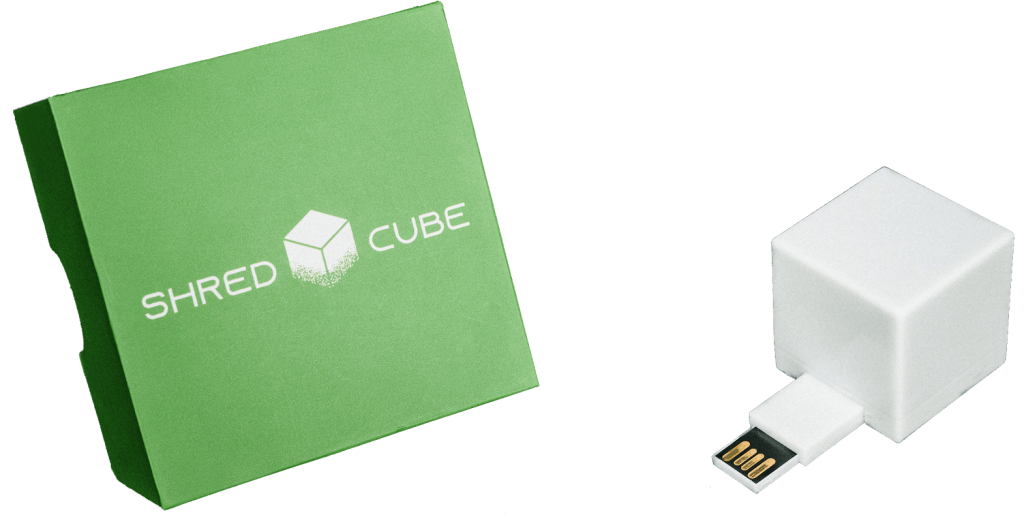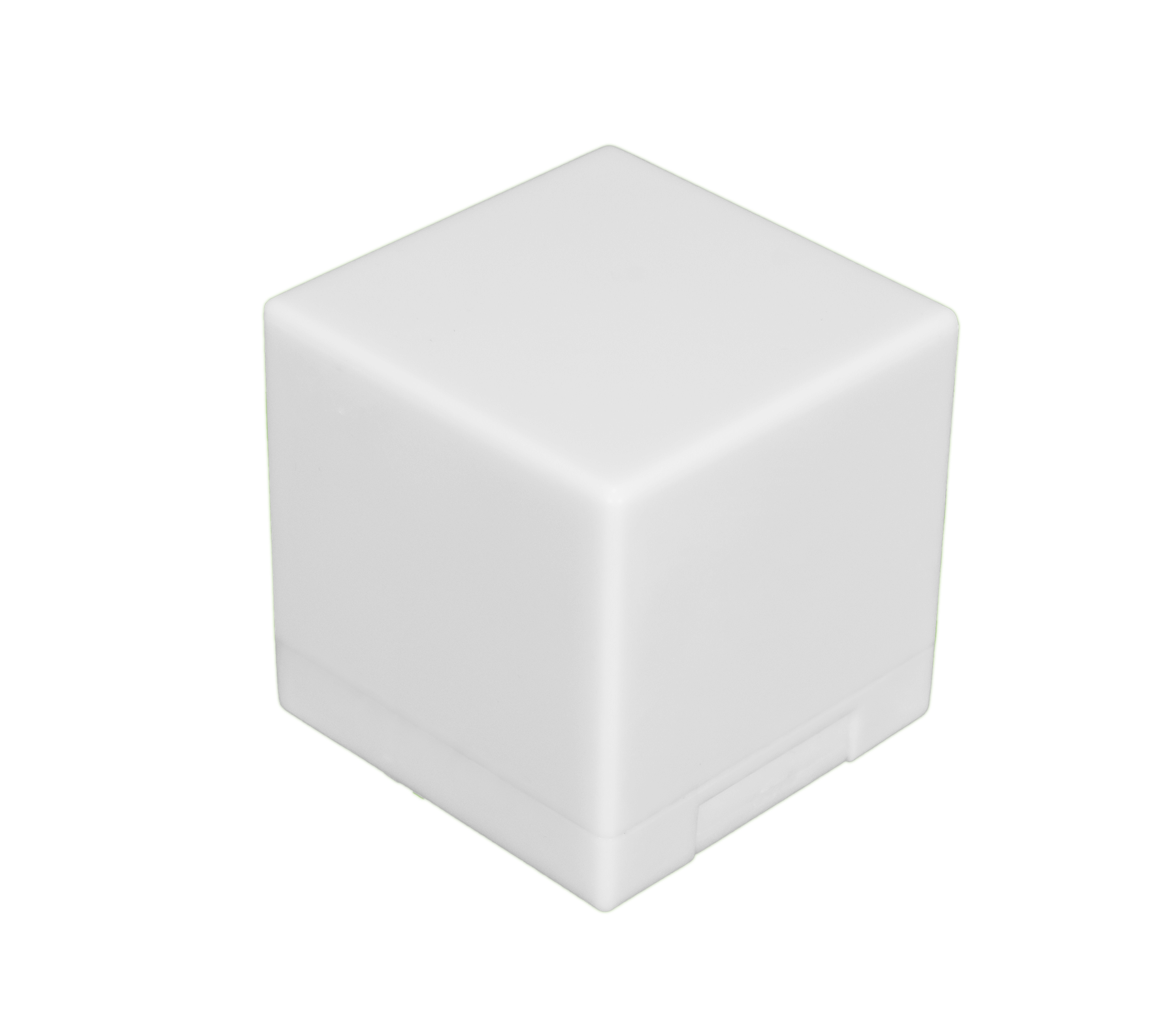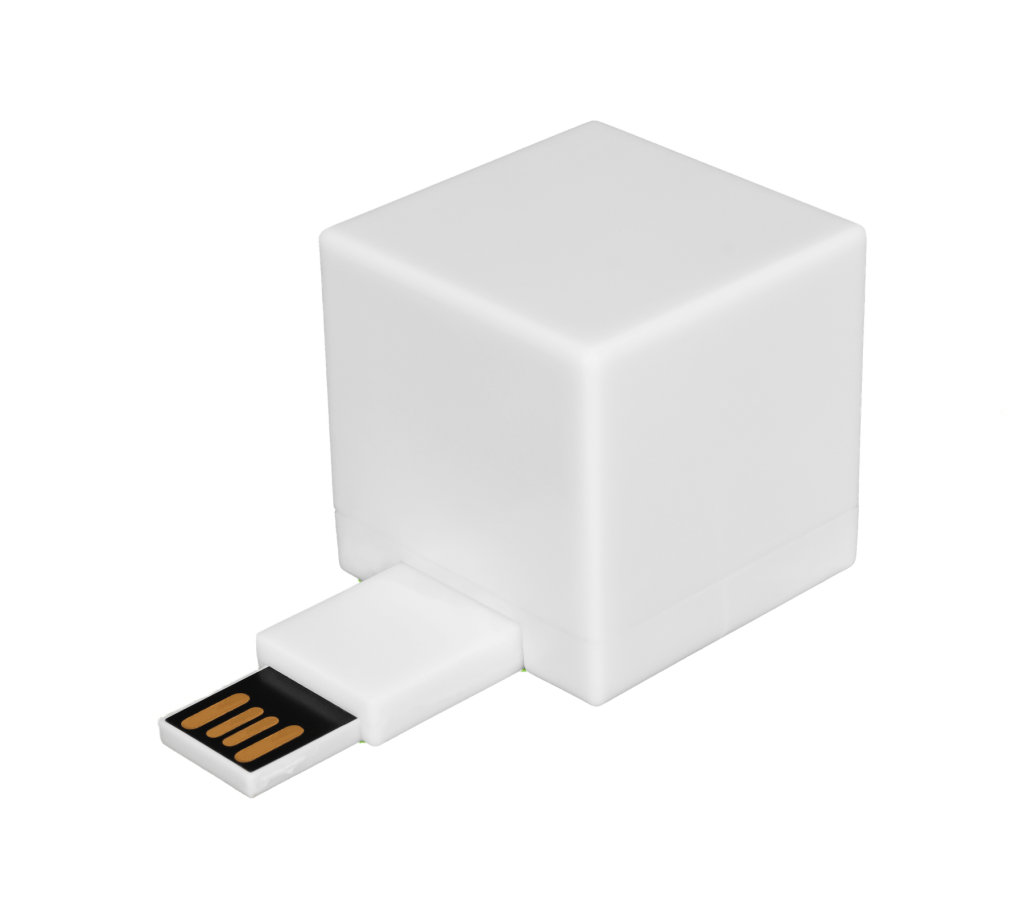It seems like you were pulling your new computer out of the box yesterday, but the slow speeds and increasing wait times tell another story. If you’ve been looking into ways to boost your computer’s operations, you may have come across the term “disk defrag.”
What Does A Disk Defrag Do?
Here’s an easy-to-understand example:
After he’s done, you have 60 boxes that are filled, taped up, and waiting in the garage to move. The other 40 boxes are stacked neatly in the corner waiting for you to use. This makes it much easier for you to quickly get around your home.
This is similar to what a disk defrag does: It’s the professional packer who organizes everything into as few boxes as necessary and places like-items in the same place. This gives you more space on your hard drive and helps your older computer run faster.
Does a Disk Defrag Delete Files?

- When you do a disk defrag, it won’t delete any of your files.
- The goal of a disk defrag is to restore the performance of your computer by locating all the pieces of a file spread out in different locations — clusters and inodes — and placing them in one place together so they can be read quickly.
- This creates more space, and you don’t lose anything in the process.
Do Macs Need To Be Defragged?
If you’re a Mac owner, you’re probably already thinking there’s no way your computer needs to be defragged. For the most part, you’re right: Mac computers utilize a different operating system than those running on Windows. Here’s a little more about how this works:
- The Mac operating system is always defragging your files as you work on them. It’s an automatic function.
- To defrag your Mac, you need a special program.
- You should never ever defrag a Mac’s solid-state drive (SSD).
- If the hard drive was filled to 90 percent or higher capacity
- When you have hundreds of large video and audio files
- When you can’t easily move some of your files to another storage system to free up space and restore your running speed
How Helpful Is A Disk Defrag?
How much a disk defrag helps the performance of your computer relies on a couple of factors. If you used a lot of the space on your hard drive, then a disk defrag can be very helpful as it will mean some programs run more quickly. You will also notice an improvement in the speed of your computer if it’s been a while since you last completed a disk defrag, both when running programs and in the time it takes to start your device
- Running a disk defrag can help the overall performance of your computer.
- A disk defrag should be a part of your occasional computer tune-up and maintenance program.
- You won’t see the same results if you’ve recently run a disk defrag on your computer as when running it after a much longer period of time.












